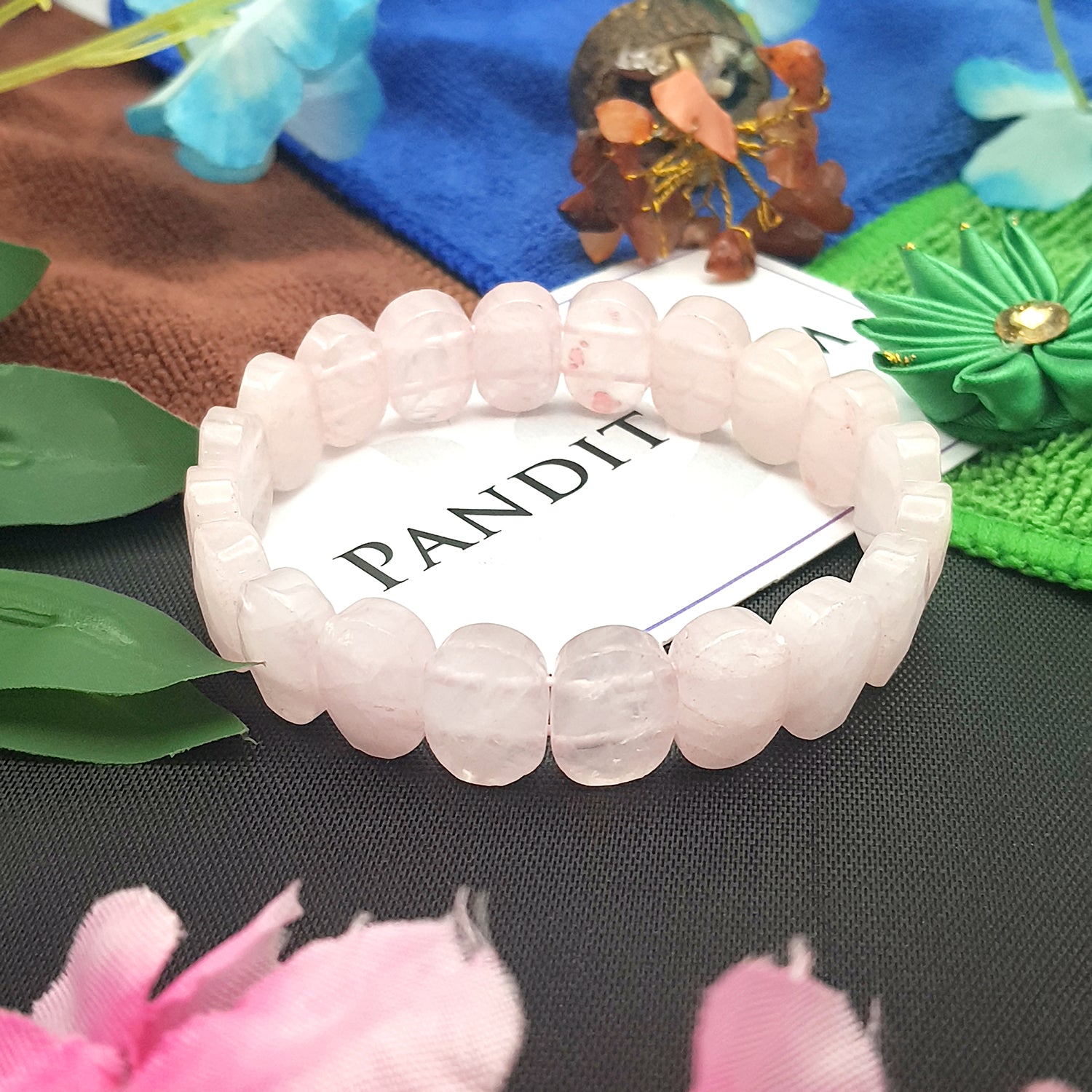
What is Bhishma Ashtami?
‘Bhishma Ashtami’ is dedicated to the most dutiful and respected character of ‘Mahabharat’, known as ‘Bhishma’. Aftersufferingfrom endless pain and sacrificing all his life for betterment of others, on this auspicious day, Bhishma left his mortal body to attain ‘moksha’. This occurred during ‘Uttarayan’, that is also known as the day time of the Lords. This festival is observed on the eighth day of the ‘Shukla Paksh’ of the Hindu month called ‘Magha’, corresponding to January- February month as per the Gregorian calendar.
What is the history behind celebrating “Bhishma Ashtami”?
According to folklore, in the ‘Dwapara Yuga’, Bhishma was the son of King Shantanu and Ganga. When his father decided to remarry a beautiful lady named ‘Satyavati’, her parents denied. The reason behind this was that they knew that since Bhishma was the eldest of the king’s sons, he would be made the king after his father. Because of this denial, King Shantanu became really sad. Seeing his father’s condition, Bhishma took a vow that he will neither accept the crown nor will he ever get married and convinced Satyavati’s parents for the marriage. A doting son and man of his words that he was, he respected his vow all his life. King Shantanu got married to Satyavati, who bore him two sons. But unfortunately, they died before giving any heir to the throne.
Queen Satyavati had two grandchildren from a son who was born before she married the king. Bhishma then took care of those grandchildren and their sons known as ‘Kauravas’ and ‘Pandavas’. Bhishma was also fondly called, “Pitamah” because he was literally the father figure of both families and supported them in all situations. He was so loyal to the throne that when the great war of ‘Mahabharata’ was fought, he chose to fight from the ‘Kauravas’ side since they were on the throne even though he was more dedicated towards ‘Pandavas’ and knew that injustice was done to them. Bhishma had a blessing from his mother, according to which he could only die when he wanted to and nobody else could kill him.
While fighting the war, when Arjuna pierced his body with a lot of arrows leaving not a single inch on his body, he did not leave his body and rather stayed in that painful form for 58 days and gave teachings to his followers till this holy day. On the occasion of this day, he decided to leave earth and reach heaven. Since then, this auspicious day is celebrated as ‘Bhishma Ashtami’.
‘Bhishma Pitamah’ is a great example of devotion, dutiful and loyalty. He was a great son, a dutiful loyalist to the throne, a great diplomat who sacrificed everything for his kingdom.
What is the significance of Bhishma Ashtami?
The day of Bhishma Ashtami is associated with Bhishma Pitamaha. He was well known for his celibacy and he maintained it throughout his life. Because of his loyalty towards his father and persistent devotion, he was blessed with the power of choosing his time of death himself. He was badly injured during the war of Mahabharata. He didn’t left his body and waited for the day of Magha Shukla Ashtmati for leaving the body. Magha Shukla Ashtmati is considered as an auspicious day to meet the supreme soul. According to Hindu Mythology, there is a period of time when Suryadev takes movement towards south direction. This period is considered as a threatening period in which all the auspicious activities are prohibited. All the auspicious works are postponed till Suryuadev moves towards North direction again. Uttarayan period occurs when northern movement is initiated. The Uttrayan takes place on the Ashtami of Magha month. The auspicious day of Bhishma Ashtami is considered as a day when any auspicious activity can be performed all over the day.
Observing fast on the day of Bhishma Ashtami is an important activity for the people who want to get free from ‘Putra Dosh’. Newly married couples and the couples who are facing difficulty to observe a strict fast of entire day to get the blessing of God for having son soon can observe fast on Bhishma Ashtami. According to Vedas, it is believed that one who observes fast on this day is blessed with the blessings of Bhishma Pitamaha to get a male child having all the qualities of Bhishma pitamaha.
What is the steps one need to follow while performing ‘Bhishma Ashtami pujan’?
People observe the ritual of ‘Ekodishta Shraddha’ in the honor of Bhishma. According to the belief, only those devotees whose fathers are not alive anymore can perform this ritual. Some communities, however, do not follow this and believe that anyone can perform the ‘pooja’.
People visit the nearby river banks and do ‘Tarpan’ ritual in order to bring peace to Bhishma Pitamah’s soul. They also honor their ancestors through the same.
People take holy dip in the Ganga River and offer boiled rice and sesame seeds in order to come out of the cycle of life and death and purify their souls.
Devotees observe fast during the day and perform, ‘Arghyam’ and chant ‘Bhishma Ashtami mantra’ to seek the deity’s blessings.
What is the importance of celebrating Bhishma Ashtami?
The day of Bhishma Ashtami is considered as most significant day for the people who want to get rid of Putradosh. Couples that are praying for son are blessed with blessings of Bhishma Pitamaha of having male child. Observing fast on this auspicious day is beneficial for the couples. People perform Tarpan and Fast on this day in the regards of Bhishma Pitamaha. All this is considered as the activity to offer peace to the soul of Bhishma Pitamaha. It is believed that one who keeps fast on this day is blessed with the son who has powers of Pitamaha and he is capable to work like him. Bhishma Ashtami is widely celebrated in the temples of Lord Vishnu. This is celebrated for five days from Bhishma Ashtami to Bhishma Dwadasi. This period of five days is known as Bhishma Panchaka vrata.





















